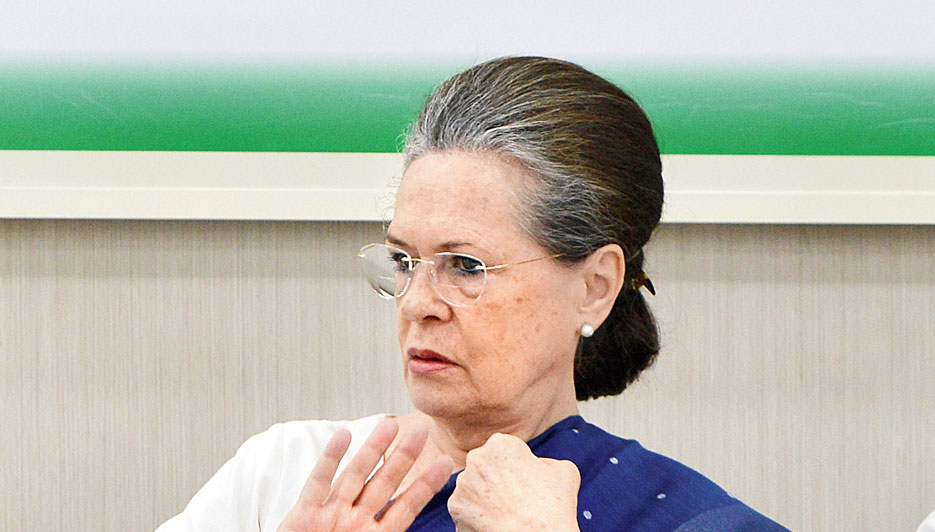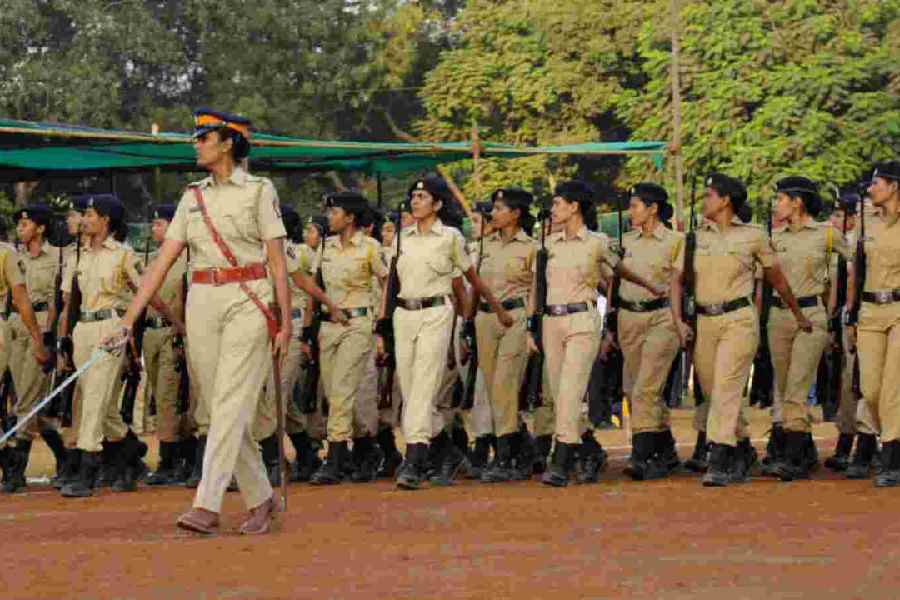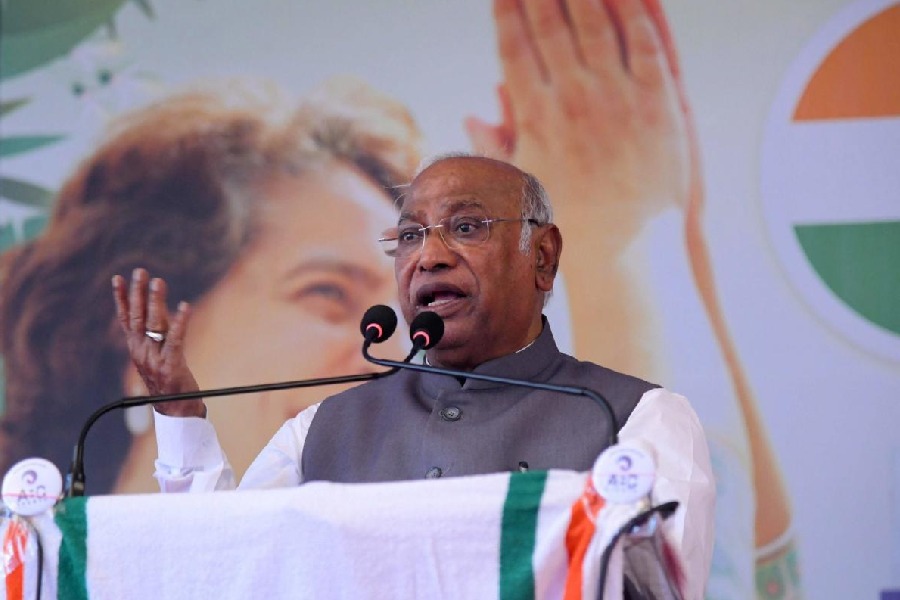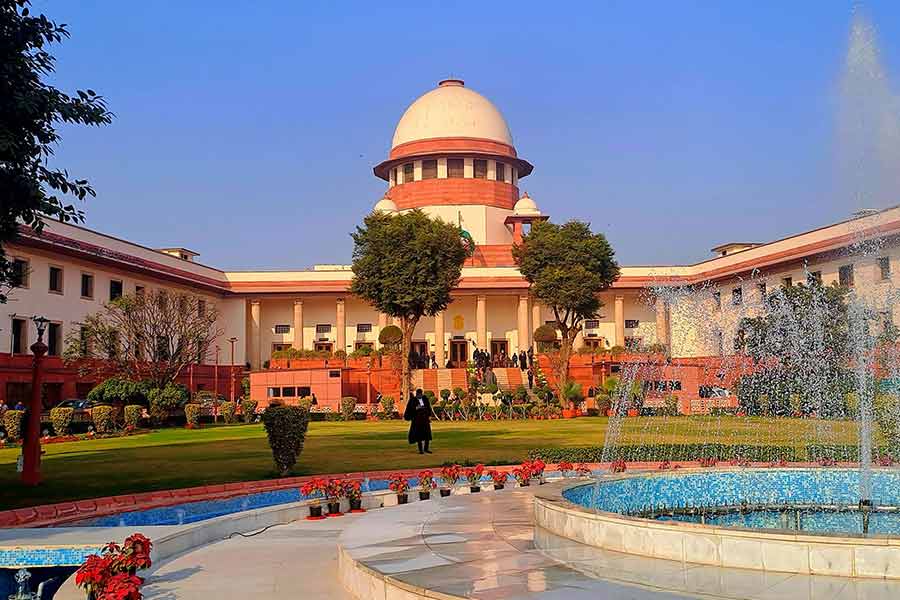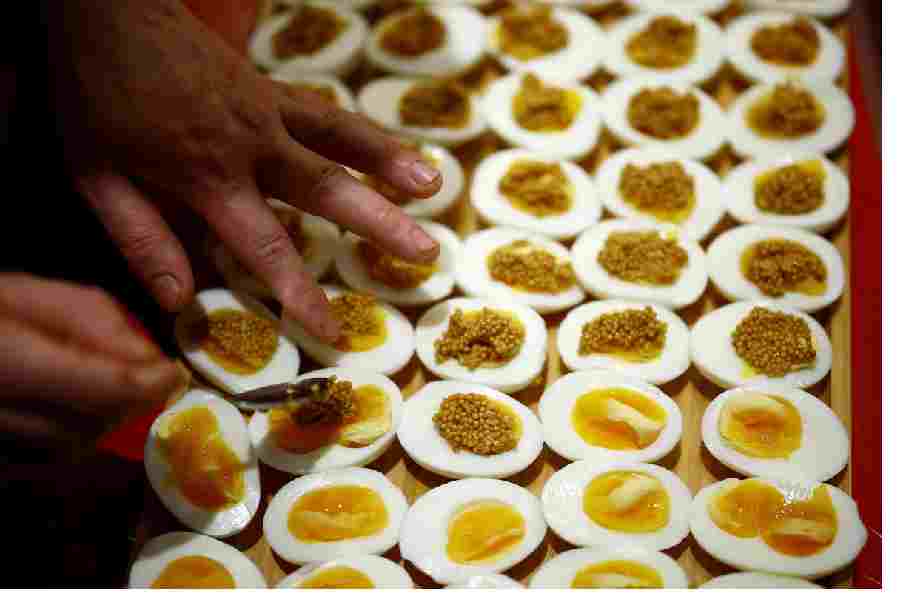Congress president Sonia Gandhi finally managed to resolve the political crisis in Haryana, where a vertical split in the party had appeared a distinct possibility, by persuading rebellious former chief minister Bhupinder Singh Hooda to settle for a midway compromise.
Hooda, who wanted to be projected as either the Congress face for the chief minister’s post or be made the state unit chief, was given neither. He has now been appointed the chairman of the election management committee while his bete noire Ashok Tanwar has been replaced as Haryana unit chief by his critic Kumari Selja. Hooda will also be the Congress Legislature Party leader in the current Assembly.
This arrangement does not indicate a surrender by the high command as the appointment of Selja is doubtless a balancing act. Selja belongs to the antiHooda camp and could emerge as a rallying point for all the factions to act as a countervailing force to the domineering twoterm former chief minister. Selja, being a Dalit, will also balance caste equations as Hooda is known for his Jatcentric politics.
Selja’s appointment will also nullify the fallout of removal of incumbent state chief Tanwar, also a Dalit, who was hounded out by Hooda. Announcing the decisions, general secretary in charge of Haryana Ghulam Nabi Azad highlighted Hooda’s work as chief minister to subtly hint that he could head the government if the Congress came to power.
Asked about Hooda’s remarks that he supported removal of Article 370 and that the Congress had lost its way, Azad said: “Forget what happened in the past. We are working for the future. We have ensured that all senior leaders will work together with the sole purpose of defeating the BJP. Hooda and Selja together can achieve this objective.” Haryana will go to polls in October or November.

